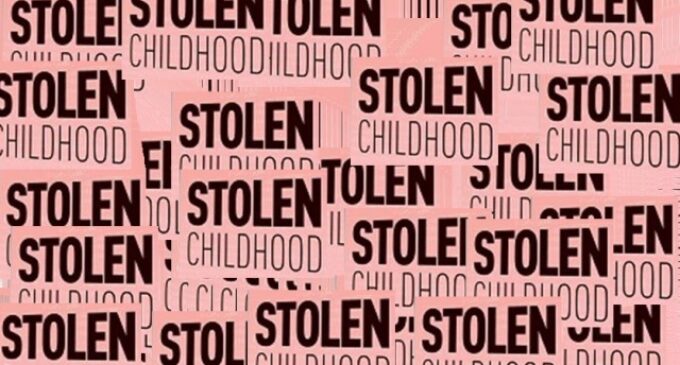Stolen Childhood: The Hidden Victims of Broken Marriages and Affairs

By Dr. Sonali Sahu
In a society that often celebrates parenthood as the ultimate fulfillment of life, it is heartbreaking to see how many children are left neglected by those who brought them into this world. Giving birth to a child and not caring for them is not just negligence—it is a crime, both moral and emotional. The repercussions of broken marriages, constant fights, and extra-marital affairs ripple through the fragile minds of children, stealing their innocence and shaping a troubled future.
As someone who has witnessed such tragedies firsthand, I can recall countless examples of children caught in the crossfire of parental disputes. I remember a young boy, barely ten, who confided in me about his parents’ never-ending fights. “I feel like I’m invisible,” he said, his eyes brimming with tears. His words still haunt me. What should have been a home filled with love and warmth became a battleground where his parents’ grievances overshadowed his existence.
Extra-marital affairs bring another layer of complexity to the trauma. I once saw a teenage girl, her confidence shattered, because her father’s affair was the neighborhood’s open secret. Her peers teased her mercilessly, and her mother’s grief engulfed her life. How could a child focus on studies, dreams, or happiness in such a suffocating environment?
Children are keen observers. They may not fully comprehend the depth of adult issues, but they absorb the emotional turmoil like sponges. The screaming matches, the cold silences, and the dismissive gestures between parents become a part of their emotional vocabulary. Worse, they carry this baggage into their adulthood, sometimes repeating the same patterns of neglect and mistrust they witnessed.
The irony is that many parents justify their actions by claiming they stayed in the marriage “for the sake of the child.” But how many of them pause to ask if their child is truly better off in a toxic environment? A child needs stability, unconditional love, and a sense of security—not just a roof over their head or the pretense of a family.
As a society, we need to prioritise the mental and emotional well-being of children. Parents must take responsibility for the lives they have brought into this world. Therapy, open communication, and self-awareness can go a long way in healing fractured families and creating a nurturing environment for children.
If you are a parent reading this, remember that your words and actions are shaping the future of your child. Every fight they witness, every harsh word they hear, every instance of neglect—they carry it within them like scars. And while you may think they are too young to understand, their hearts feel the weight of your indifference.
It’s time to recognize that caring for a child is not just about providing food, education, or material comforts. It’s about offering them a childhood free from emotional wounds—a gift that will empower them to build healthy relationships and lead fulfilling lives. Because when we steal a child’s childhood, we rob them of their ability to dream, trust, and love. And that is a crime no one should commit.







